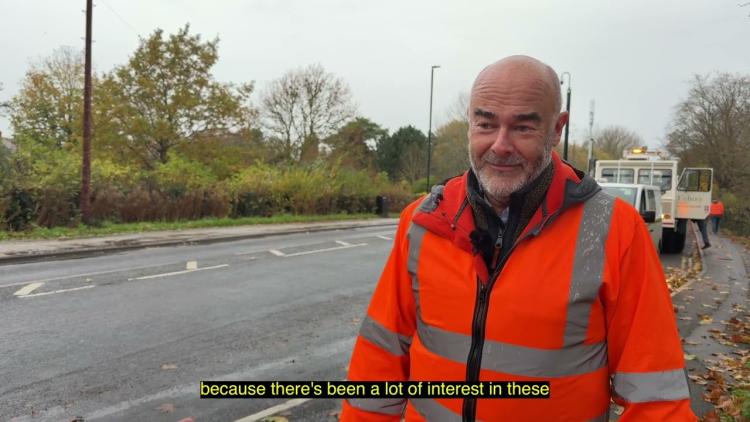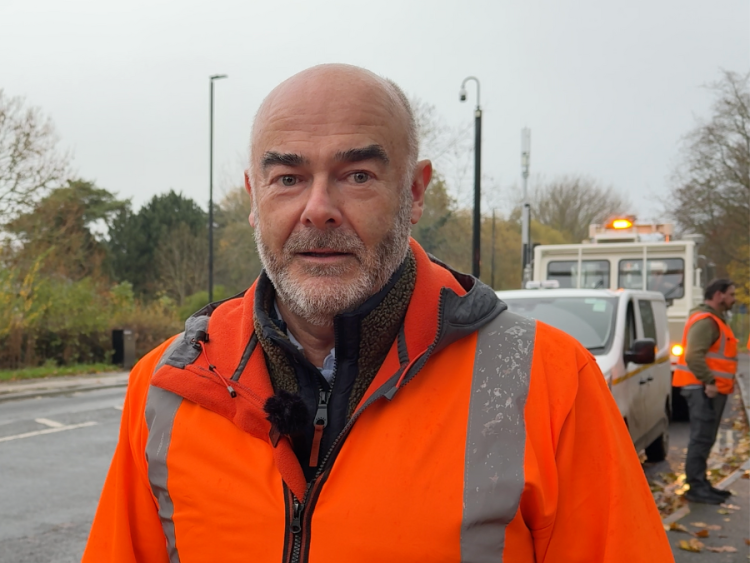We join University of York teams on site as geothermal survey work gathers pace as part of groundbreaking project

Visit highlights community involvement and cutting-edge seismic work powered by Public Sector Decarbonisation Scheme funding – watch our three-minute video
We visited the University of York to see first-hand how seismic survey work is progressing on the university’s ambitious geothermal project.
During the visit, we met the specialist contractors on site, viewed the survey trucks in action, and had the chance to examine the small seismic sensors - nicknamed ‘gnodes’ – that more than 100 local residents are hosting in their gardens to support the data-gathering effort.
Residents are playing a central role in this phase of the project.
By welcoming these sensors into their outdoor spaces, they are helping to build a detailed picture of the geology beneath York. Their involvement follows months of engagement by the university, including leaflet drops, open days, direct conversations, and a comprehensive online hub with an interactive map and FAQs.
The geothermal project is being delivered with £35 million of Public Sector Decarbonisation Scheme funding, with Salix supporting the university throughout.
As a key delivery partner of the Public Sector Decarbonisation Scheme, we are helping public sector organisations cut carbon emissions and transition to low-carbon heating.

The University of York scheme is one of the most significant geothermal initiatives currently in progress under the programme.
Seismic survey work is now underway as experts explore the potential of drilling around 5km into the earth to harness natural heat to power university buildings.
Echo Geo, the specialist contractor leading the survey, is using the data gathered - including from the resident-hosted ‘gnodes’ - to build a high-resolution 3D map of the ground. This will indicate the size, shape and depth of the geothermal reservoir and inform the next steps in the project’s development.
The visit offered a valuable opportunity for us to see the scale, complexity and innovation behind this groundbreaking effort to decarbonise the university’s estate and support the region’s transition to cleaner energy.

Mark Rees, director Eco Geo. Image credit: Salix Finance




